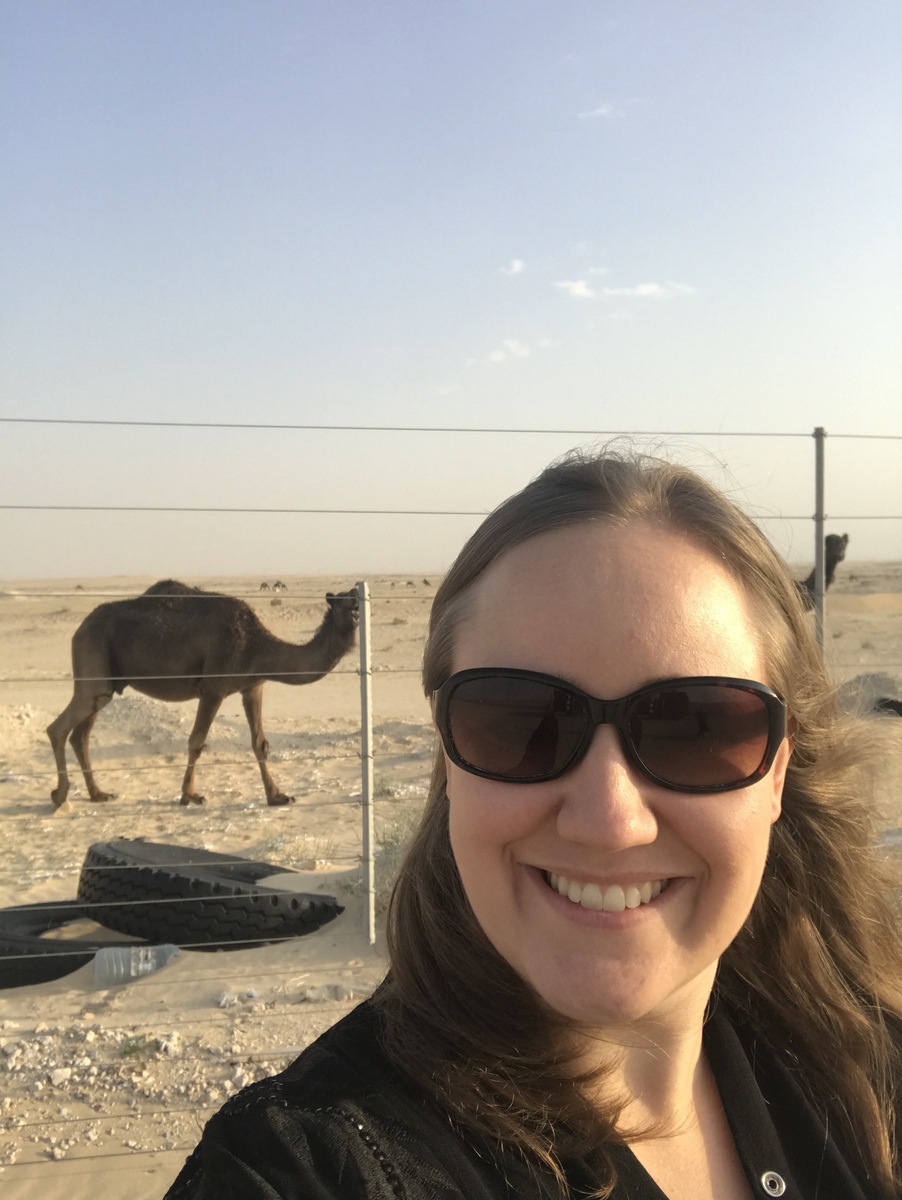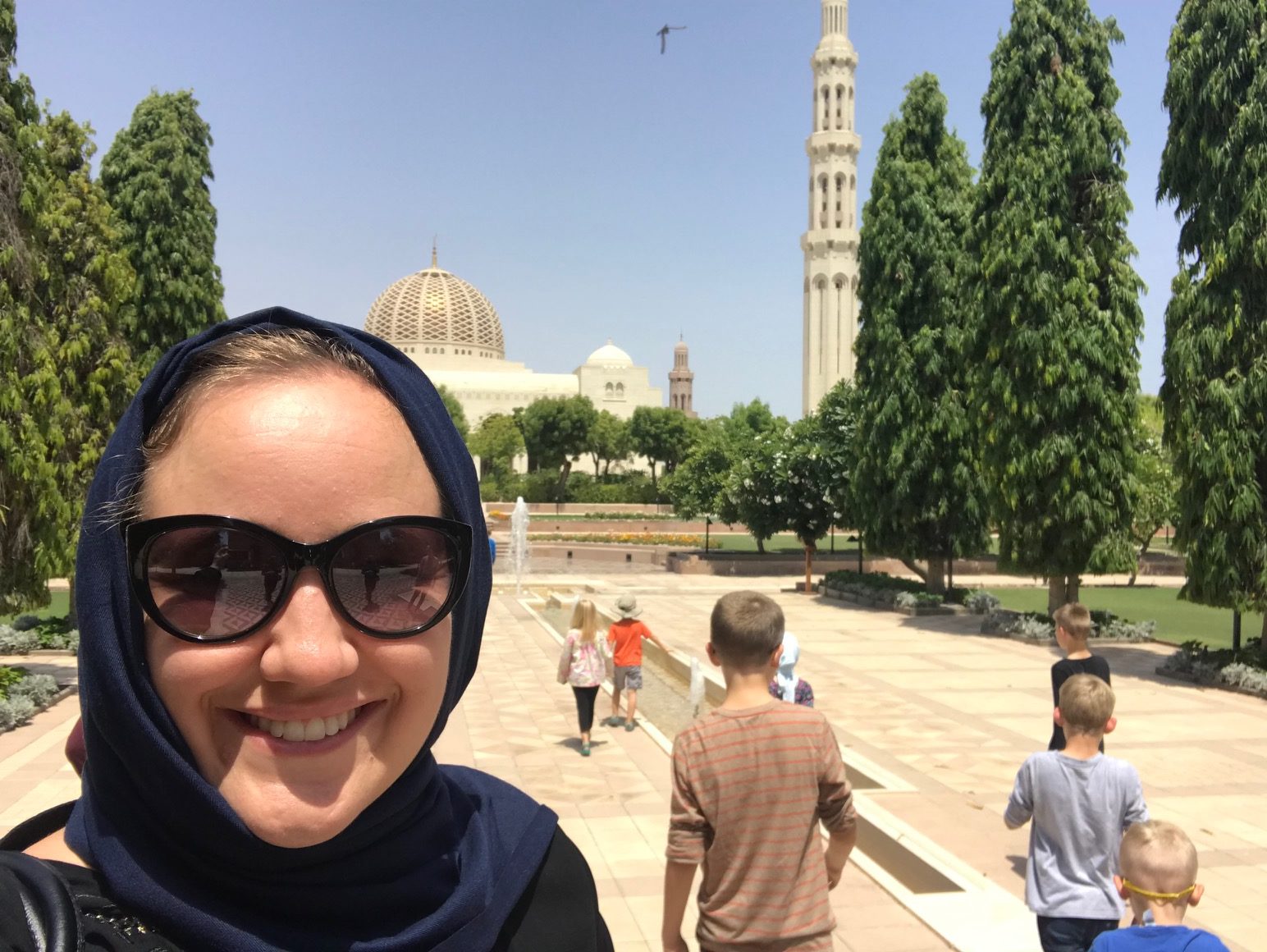My parents both grew up as lifelong church members in the Washington, DC area. They married when they were both at BYU, and I was born about ten months later. We moved around the US a lot when I was a child – Arizona, Tennessee, Florida, and Texas – but when I was twelve years old, my family moved to Mexico City and stayed there for twelve years. I lived there for six before I also went off to college, but I would go back and visit at Christmas and other school breaks. My parents eventually returned to the US when I was twenty-three and now live in Michigan.Migrating back to the US for college was a bigger culture shock than I could have ever imagined. I think I had expected that I would fit right in because I grew up in an American family and had spent the first twelve years of my life in the US, but I almost always felt like a fish out of water. My teenage experience didn’t hardly map onto the experiences of my peers at all. I always stood too close to people. Then, after marrying and spending eleven years in the Midwest doing graduate school (for my husband and also for me) and raising our family, we moved to Saudi Arabia as expats. We currently live in the Eastern province and have been here just over a year.
People always say that one of the great things about Mormonism is that “it’s the same everywhere,” but I haven’t found that to be true at all. In Mexico, I attended a small English-speaking ward in a Spanish-speaking stake, and it felt like everybody was needed and valued because nobody had family and everybody clung to each other for support. There wasn’t much of a test for orthodoxy — if you showed up and were willing to help, nobody cared about your political leanings or whether you performed Mormonism in the same way as everybody else. When I moved back to the US and went to BYU, that was a huge shock for me: my performance of Mormonism really mattered. How I dressed, spoke, professed my faith, and behaved on Sundays really affected how people viewed me and my position in the social hierarchy. While I thought it was unique to BYU (and I think it was more intense there), that continued throughout my experience in wards in the US to some degree or another. We were always welcomed into our new ward whenever we moved, but our social capital varied depending on how much we walked the walk and talked the talk.
In Saudi Arabia, the practice of any religion other than Islam isn’t allowed, so we aren’t able to practice our faith in the same way we have in the US or Mexico.
What I love about Mormonism is the idea of Zion. I love the idea that we’re here to be in relationship with one another, to lift each other up and build a world where no poor (spiritually or temporally) live among us. There is something really beautiful about the idea of knitting our hearts together in love, and that we can all be sealed to each other as an entire human family that is eternal and lasts beyond death. The thing I value most about living around the world is the opportunity to create so many meaningful relationships, to meet people I would otherwise never meet, and to broaden my knowledge of the human experience. I feel like I’m more equipped to build Zion by having experienced so many different cultures and ways of life.


